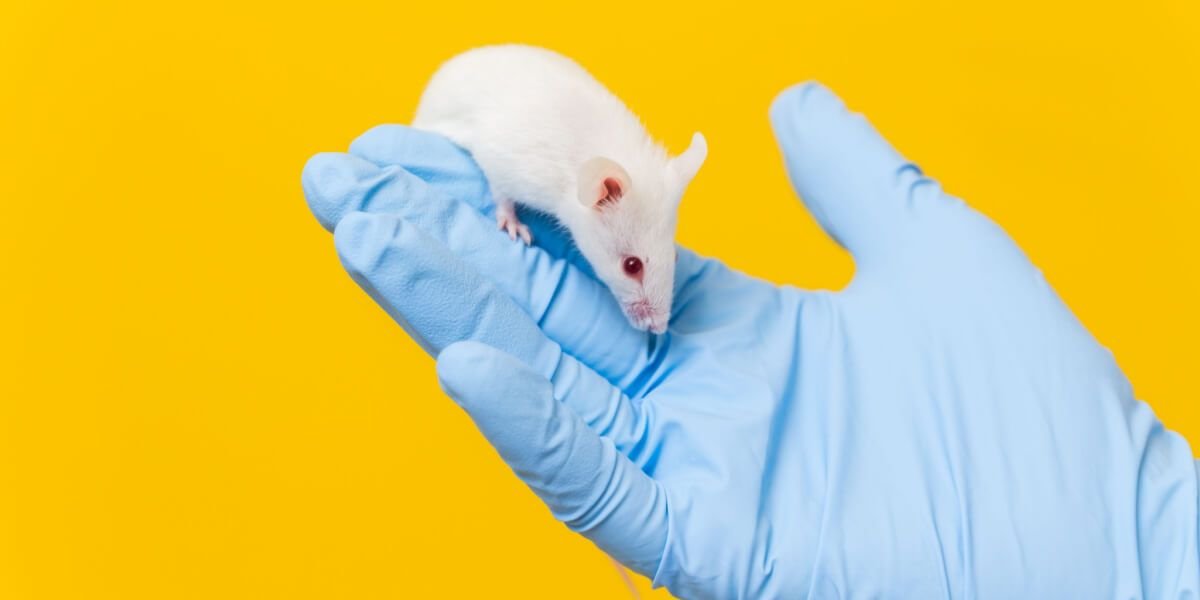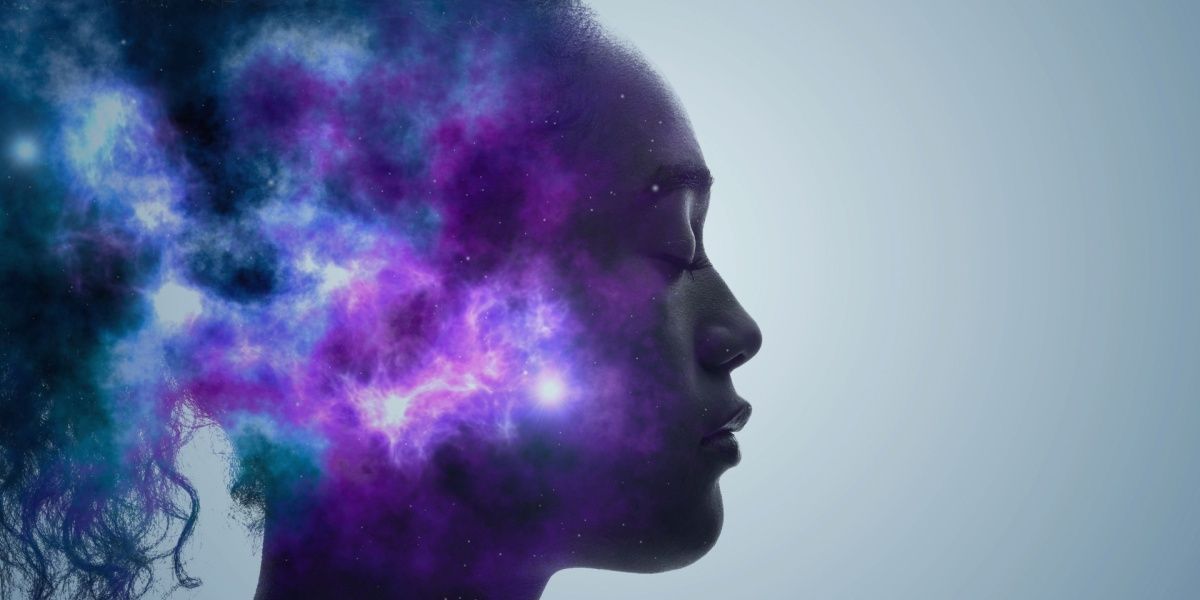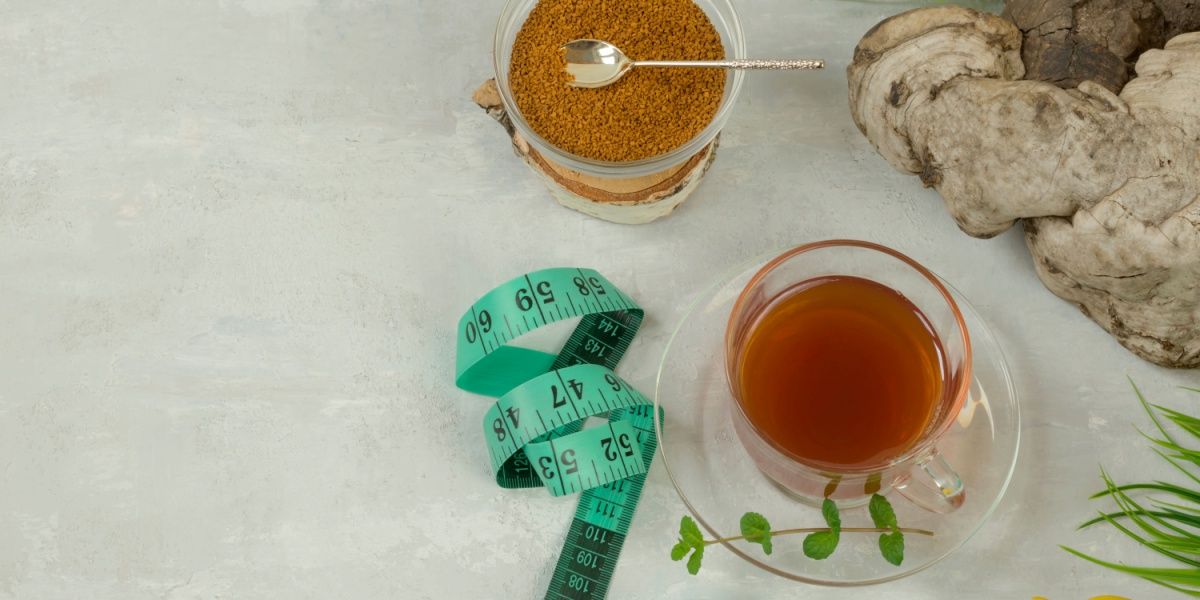The psychoactive compound in magic mushrooms alleviated severe depression in a third of patients when combined with psychotherapy, the largest clinical trial yet of the psychedelic drug found.
.jpg?v=1722513257)
A new medication for treatment-resistant depression
The phase 2b trial, backed by healthcare company Compass, enlisted 233 patients with major depressive disorder (MDD) who hadn’t responded to at least two different antidepressants. Around 100 million people globally have treatment-resistant depression, with around half unable to carry out everyday tasks. Around 30% of those with MDD fall into this difficult-to-treat group, with severe impact on their lives and high costs to economies and healthcare systems.
Participants in the trial were randomly given a single dose of either 25mg or 10mg of synthetic psilocybin or a 1mg control dose. To avoid the bad trips that sometimes accompany psychedelics, they were placed in a quiet room, with a calming playlist playing, eyeshades to direct their thoughts inward, and a therapist on hand to supervise. After spending four to six hours in a "waking dream-like state," volunteers returned home.
The psilocybin treatment was followed by two psychotherapy sessions—the day after and the following week—that helped patients identify the causes of their depression and arrive at new solutions.
Following the combined treatment, depression scores, as measured by the Montgomery-Åsberg depression scale, significantly improved in the group given the higher 25mg dose, according to results published earlier this month in the New England Journal of Medicine. [1]
A third of patients in remission
Nearly a third (29%) of the participants given the higher 25mg dose entered remission, compared to 9% and 8% of the 10mg and 1mg groups, respectively.
After 12 weeks, the positive effects remained in a fifth of those in the high-dose group, compared to one in 10 of those in the control group.
Professor Guy Goodwin, chief medical officer at Compass Pathways, the healthcare company that led the study, called these results “exceptional.”
“Response rates in this group with treatment-resistant depression are usually between 10 and 20%,” he said. “We are seeing remission rates at three weeks of about 30% … that is a very satisfactory outcome.”
The findings “suggest that COMP360 psilocybin has a true pharmacological effect, a finding that is critical for it to be recognized as a new treatment option in the future,” he said.[2]
A psychedelic reset of the brain
Psychedelics like psilocybin are thought to deliver benefits to patients with depression by increasing entropy (chaos) in the brain. MRI scans of those on psilocybin show different regions of the brain communicating more intensely than usual. This chaos can help patients break destructive thought patterns and form new, healthier ones. This neural plasticity can endure for weeks and makes patients more receptive to therapy. This research is also being carried out on other psychedelics such as DMT and LSD.
“When the brain is in a more flexible state it opens what we consider to be a therapeutic window of opportunity,” said Dr. James Rucker, a consultant psychiatrist at South London and Maudsley NHS foundation trust who worked on the trial.[3]
Adverse events were common but short-lived
A majority (77%) of study participants experienced adverse events, including headaches, nausea, dizziness, and fatigue, on the day of the psilocybin treatment. However, the effects were transient and, in general, the drug was well tolerated.
A number of patients in all three groups reported self-harm and suicidal thoughts, including three patients who didn’t respond to the 25mg dose. However, researchers noted that these are common symptoms of depression and likely weren’t related to the psilocybin treatment.
The study used a synthetic psilocybin developed by Compass, dubbed COMP360, which was granted breakthrough therapy status by the FDA in 2018. A larger phase 3 trial, investigating the effects of two doses of the drug, will begin later this year.




